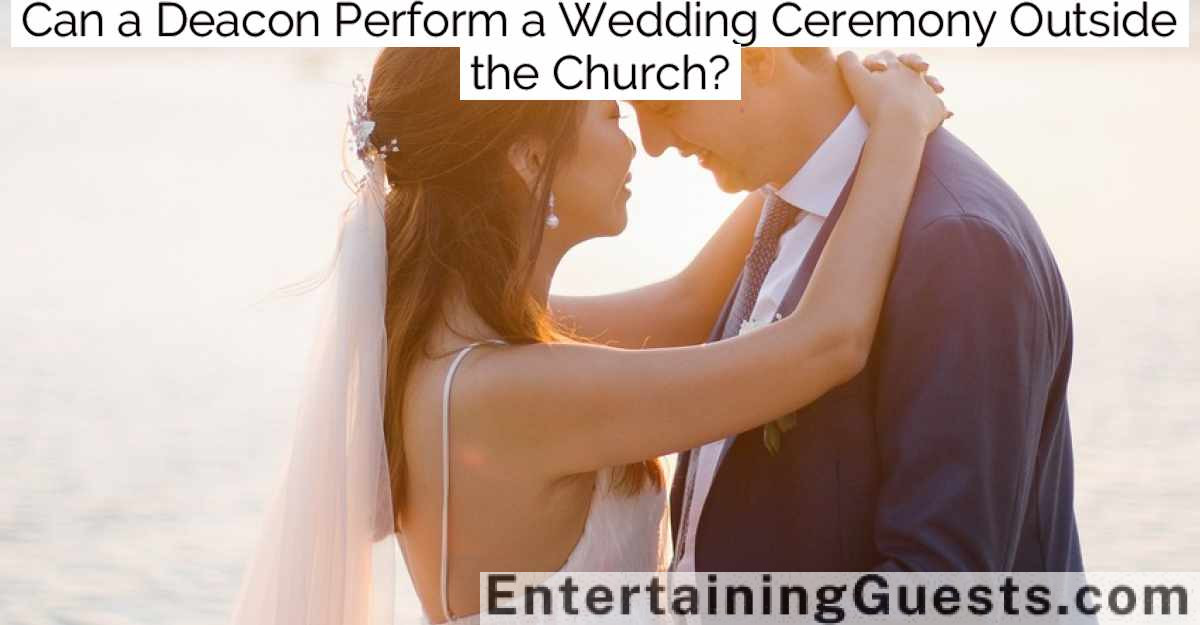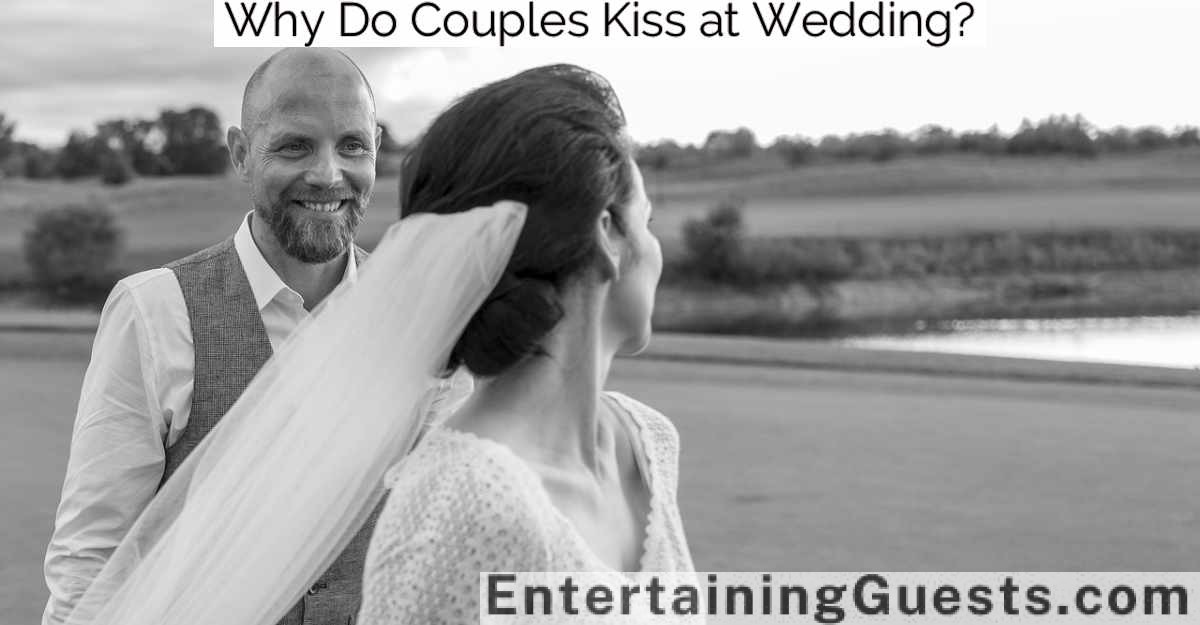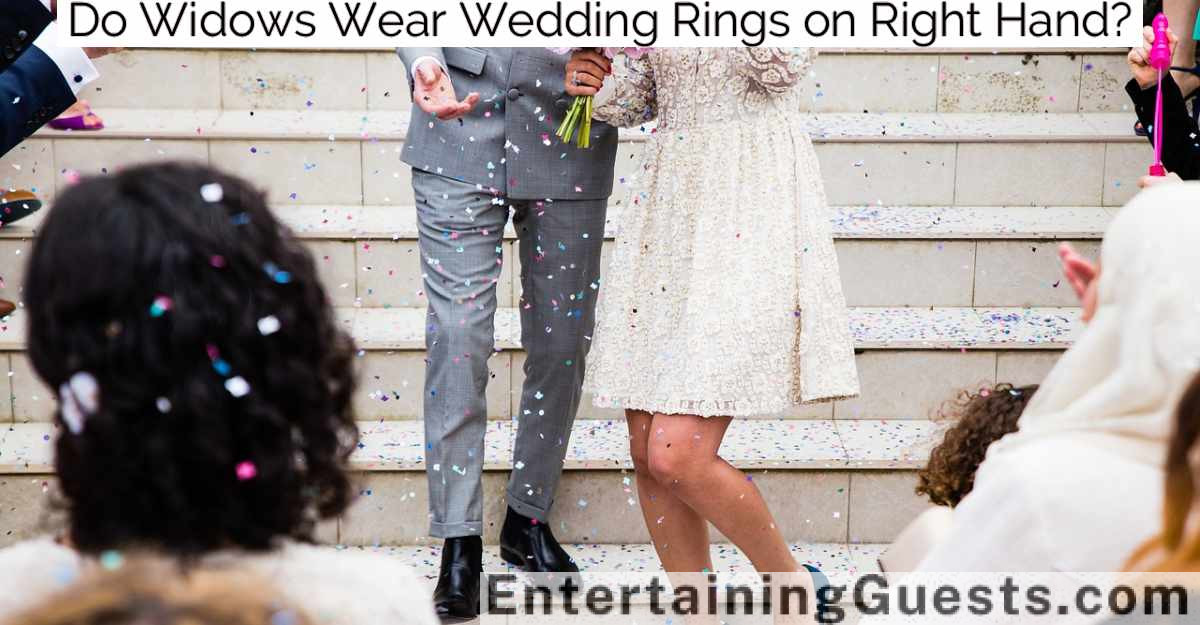Yes, deacons can perform wedding ceremonies outside of traditional church settings in many Christian denominations.
They are authorized to officiate weddings in various locations such as parks, beaches, and private residences, based on the specific guidelines and approvals from their denomination.
Couples wishing to have a deacon officiate their outdoor wedding should ensure that the deacon is legally allowed and adheres to church policy.
This is essential to meet both legal and religious requirements for the ceremony.
More information is available for those interested in understanding the detailed possibilities and procedures involved in such arrangements.
Understanding the Role of a Deacon
In the hierarchy of Christian clergy, a deacon plays a significant role that often bridges the laity and the ordained ministers. Tasked with various duties, deacons serve the church community by assisting priests during liturgical services, administering certain sacraments, and engaging in pastoral care. Their responsibilities extend to teaching religious education, visiting the sick, and performing charitable works, which underscores their integral position in fostering community within the church.
Just as in planning engaging activities for a gathering, deacons also endeavor to create a warm and inviting atmosphere for their congregation, guaranteeing that everyone feels welcomed and included in church functions creating a cozy atmosphere.
Deacons aren’t merely assistants but also heralds of the Word. They’re tasked with proclaiming the Gospel during Mass and can deliver homilies, which highlights their theological training and commitment to spreading Christian teachings. This role is essential in educating and deepening the faith among congregation members.
Furthermore, deacons play a significant administrative role. They often manage church activities, coordinate volunteers, and make certain that the church’s daily functions align with its spiritual missions.
This blend of duties makes them important facilitators of the church’s outreach and operational efforts, bridging clerical work with congregational needs.
Thus, the role of a deacon is multifaceted, combining spiritual, administrative, and pastoral duties that are crucial in supporting the church’s mission and connecting with the wider community.
Religious Rules for Wedding Locations
Several religious traditions enforce specific guidelines regarding the locations where wedding ceremonies can be held. These rules often reflect the spiritual significance and sanctity that these religions attribute to marriage ceremonies. For instance, in many faiths, the preferred location for a wedding is a place of worship, such as a church, synagogue, or mosque. This setting is considered sacred and is thought to bestow an additional blessing on the couple’s union.
Additionally, understanding the importance of respecting cultural practices, such as those observed in Sikh weddings, can enhance the ceremony’s significance and inclusivity, especially when accommodating diverse traditions like thoughtful hosting practices.
Furthermore, some religions require specific rituals during the ceremony that are closely tied to the physical environment of their worship spaces. These might include ceremonial processions or the use of certain religious artifacts that are only available within these holy places. The belief is that such elements enhance the spiritual connection and solemnity of the event.
However, there are exceptions and adaptations within some religious communities, especially when accommodating mixed-faith marriages or when geographical constraints play a role. In such cases, religious leaders may authorize alternative locations while still working to maintain the spiritual integrity of the ceremony.
This flexibility shows a respect for the personal circumstances of the couple while upholding the traditions of the faith.
Variations Among Christian Denominations
Christian denominations exhibit a diverse range of practices concerning wedding ceremony locations, reflecting their unique theological interpretations and ecclesiastical policies.
For instance, in the Roman Catholic Church, weddings are traditionally held within a church setting, emphasizing the sacrament’s sacred nature. A deacon in this denomination can conduct the ceremony, typically within the church, unless special permission is granted by a bishop.
To enhance the wedding experience, couples might consider incorporating guest engagement activities during the reception, ensuring a memorable celebration for all attendees.
In contrast, Protestant denominations such as the Anglican and Lutheran churches generally allow more flexibility. These denominations often permit deacons to officiate weddings at various venues, including outdoors, provided the location maintains a sense of decorum and respect fitting for a religious ceremony.
The Methodist Church similarly upholds a degree of flexibility but emphasizes the approval of the congregation’s minister or a higher church authority.
Meanwhile, Baptist churches often adhere to a more decentralized structure, where the decision can heavily depend on the local church’s policy and the discretion of its leaders.
This variation underscores the importance of understanding specific denominational rules and the roles deacons play within these frameworks.
Couples wishing to marry in a particular denomination should consult with their local clergy to understand the applicable regulations and permissions required.
Legal Considerations for Ceremonies
Understanding the legal framework surrounding wedding ceremonies is vital for couples planning their special day. While a deacon might be fully prepared spiritually and ceremonially, the legal authority to officiate weddings can vary considerably by location.
It’s essential that couples verify whether their chosen deacon is recognized as an officiant in the state or country where the wedding is to occur. This involves checking local laws and, often, the deacon’s affiliation with a recognized religious organization.
In many regions, deacons must register with government bodies, securing a license that grants them the legal capacity to conduct weddings. This process might require the submission of credentials and completion of specific paperwork.
Failure to adhere to these legal standards could render the marriage ceremony symbolically beautiful but legally invalid.
Furthermore, for ceremonies conducted outside traditional church settings, such as in parks or private venues, additional permits may be required.
Couples should confirm that all paperwork, including venue permissions and officiant licenses, is thoroughly completed and approved well ahead of the wedding day. This proactive approach prevents any unsettling surprises and upholds the sanctity and legality of the matrimonial union.
Planning Tips for Deacon-Led Weddings
When planning a wedding led by a deacon, it’s vital to start with a clear understanding of both the spiritual and logistical roles the deacon will play. The couple should meet with the deacon early in the planning process to discuss their vision and expectations for the ceremony.
It’s important to confirm that the deacon is authorized to perform weddings in their chosen venue, particularly if it’s outside a traditional church setting.
The couple should also inquire about any specific religious or ceremonial requirements that the deacon might have. This might include particular readings, vows, or rituals that should be incorporated into the ceremony.
Understanding these elements early will help in creating a seamless flow on the wedding day.
Coordination with other wedding professionals is key. Make sure the deacon has a chance to communicate with the wedding planner, musicians, and any audio-visual technicians involved. This guarantees that everyone is on the same page regarding the ceremony’s structure and timing.
Lastly, consider a rehearsal under the deacon’s guidance. A run-through can address any uncertainties and guarantee that the ceremony unfolds smoothly, honoring both the sacredness of the occasion and the couple’s personal touches.
Conclusion
To summarize, a deacon’s ability to perform a wedding outside the church varies by denomination and local laws. It’s crucial to consult with your religious leadership and understand legal requirements in your area. Planning a deacon-led wedding requires careful consideration of these religious and legal factors. By staying informed and respectful of these guidelines, couples can guarantee their special day is both meaningful and compliant, making their ceremony a memorable and legitimate celebration of their love.







